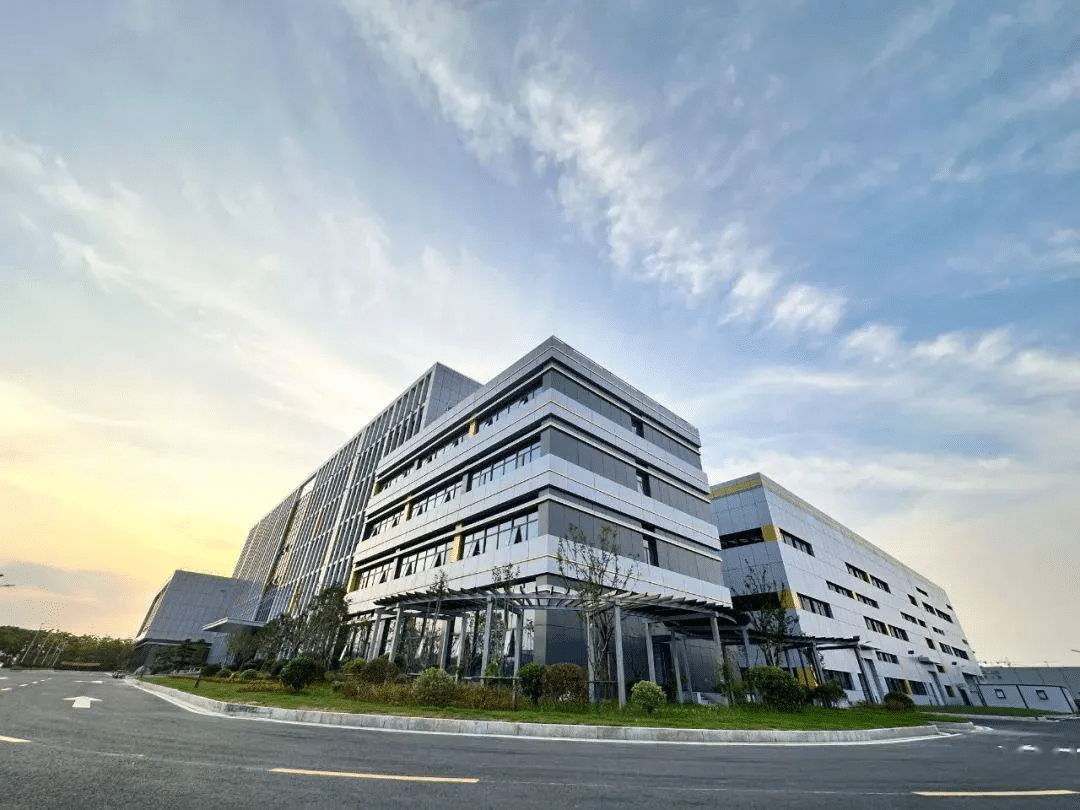在当今世界,工业革命的浪潮不断推进,我们已经迈入了被称为“工业4.0”的新时代。这一概念源于德国,代表了制造业的高度自动化和数据交换。为了在这个竞争激烈的环境中生存和发展,企业必须拥抱变革,实现从传统生产方式向智能制造的转型升级。下面,我们将探讨如何通过工业4.0转型解决方案,引领企业走向成功的未来。
首先,我们需要理解“工业4.0”不仅仅是一个技术升级的问题,它是一种全新的生产哲学。这涉及到物联网(IoT)技术的应用,通过将机器、设备、产品和人连接起来,实现数据的实时收集和分析。这种连接性使得生产过程更加透明,能够快速响应市场变化,提高生产效率和产品质量。
数字化转型是工业4.0的核心。这意味着企业需要将传统的生产流程数字化,利用大数据和人工智能技术优化决策过程。例如,通过实时监控生产线上的数据,制造商可以预测设备故障并提前维护,从而减少停机时间。此外,数据分析还可以帮助企业更好地理解客户需求,实现个性化定制和服务。
智能制造是工业4.0的另一个关键组成部分。它涉及到使用先进的制造技术和系统,如机器人、自动化生产线和3D打印等。这些技术可以提高生产的灵活性和效率,同时降低人力成本和错误率。智能制造还意味着能够快速适应市场变化,缩短产品开发周期,加快新产品的上市速度。
为了实现这一转型,企业需要进行一系列的策略规划和技术投资。这包括对现有员工的培训和教育,以及招聘具有数字技能的新员工。同时,企业还需要建立一个支持创新的文化环境,鼓励员工探索新技术和新方法。

总结来说,工业4.0转型解决方案为企业提供了一个前所未有的机会,通过智能制造和物联网技术实现数字化转型。这不仅能够提高生产效率和产品质量,还能够增强企业的市场竞争力。然而,这一转型并不是一蹴而就的,它需要企业领导层的远见卓识,以及对新技术的持续投入和人才培养。只有这样,企业才能在工业4.0的时代中脱颖而出,成为行业的领导者。
Title: Industrial 4.0 Transformation Solutions
In today’s world, the waves of industrial revolution continue to advance, and we have stepped into a new era known as “Industrial 4.0.” This concept, originating from Germany, represents a high level of automation and data exchange in manufacturing. To survive and thrive in this competitive environment, businesses must embrace change and transform from traditional production methods to intelligent manufacturing. Below, we will explore how through Industrial 4.0 transformation solutions, companies can lead themselves towards a successful future.

Firstly, it is essential to understand that “Industrial 4.0” is not just a matter of technological upgrade but a completely new production philosophy. This involves the application of Internet of Things (IoT) technology, connecting machines, devices, products, and people to enable real-time data collection and analysis. This connectivity makes the production process more transparent, allowing for quick responses to market changes, enhancing production efficiency, and improving product quality.
Digital transformation is at the core of Industrial 4.0. This means that businesses need to digitize their traditional production processes and utilize big data and artificial intelligence technologies to optimize decision-making. For example, by monitoring data on production lines in real-time, manufacturers can predict equipment failures and perform maintenance beforehand, thereby reducing downtime. Additionally, data analysis can help companies better understand customer needs, enabling personalized customization and services.

Intelligent manufacturing is another key component of Industrial 4.0. It involves using advanced manufacturing technologies and systems such as robots, automated production lines, and 3D printing. These technologies can enhance production flexibility and efficiency while reducing labor costs and error rates. Intelligent manufacturing also means being able to quickly adapt to market changes, shorten product development cycles, and accelerate the launch of new products.
To achieve this transformation, businesses need to undertake a series of strategic planning and technology investments. This includes training existing employees and educating them, as well as hiring new staff with digital skills. Meanwhile, companies also need to establish an innovative cultural environment that encourages employees to explore new technologies and methods.

In summary, Industrial 4.0 transformation solutions offer businesses an unprecedented opportunity to achieve digital transformation through intelligent manufacturing and IoT technology. This not only improves production efficiency and product quality but also enhances a company’s market competitiveness. However, this transformation is not achieved overnight; it requires forward-thinking leadership, continuous investment in new technologies, and talent cultivation. Only in this way can businesses stand out in the era of Industrial 4.0 and become industry leaders.